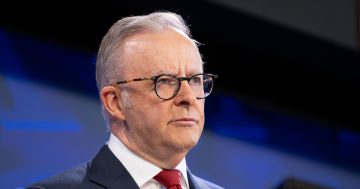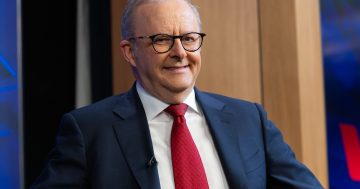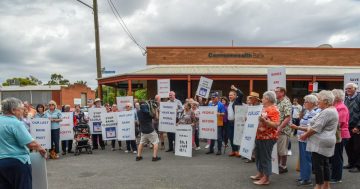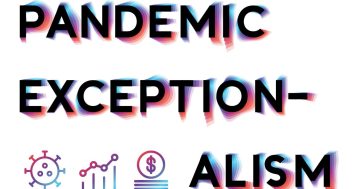 A United Kingdom expert on policy, strategy, and regulatory best practice believes crises, like as the COVID-19 pandemic or the current conflict in Ukraine, mean Public Servants have dramatically less time to take the steps that good policy-making required.
A United Kingdom expert on policy, strategy, and regulatory best practice believes crises, like as the COVID-19 pandemic or the current conflict in Ukraine, mean Public Servants have dramatically less time to take the steps that good policy-making required.
Tony Cash said decisions often had to be made quickly with limited information “and the media and the public likely to be demanding immediate and costly action”.
“The costs of the action will include unintended consequences e.g., on the economy, education, society, mental health etc., as well as on Government finances,” Mr Cash (pictured) said.
In a paper prepared for the Global Government Forum, Mr Cash, a former Deputy Director at the UK Department for Business, said one of the most important routine policy options to consider was “do nothing”.
“However, this is rarely politically or practically feasible in a crisis,” he said.
“The situation has novel factors which the previous plans had not adequately foreseen, and so new policies are needed.
“There are several biases that can affect policy, but I believe there are three which present particularly significant challenges for crisis policy-making and should be avoided at all costs.”
Optimism bias caused people to under-estimate the likelihood that they would be affected.
“Two years after the emergence of the COVID-19 pandemic, it is hard to believe that when lockdown measures were first implemented, the talk was of ‘three weeks to flatten the curve’,” Mr Cash said.
He said that in addition to optimism bias, negativity bias could be a challenge in a crisis as humans tended to pay more attention to negative information than positive information.
“It is possible that this may have been a factor in the initial dismissive reaction by health officials in some countries during December 2021 to the early data suggesting the reduced severity of Omicron emerging from South Africa,” he said.
“The challenges of negativity bias can be reinforced by confirmation bias.
“People tend to pay attention to the evidence in support of, and disregard evidence in conflict with, their prior beliefs.”
Mr Cash said that if, for example, they had established a strong belief in a cautious, precautionary approach, they might be resistant to new evidence that this was no longer needed.
London, 1 March 2022











